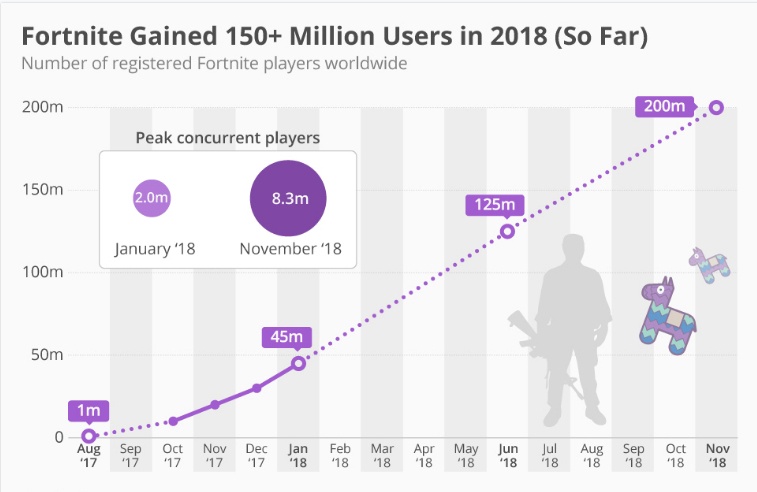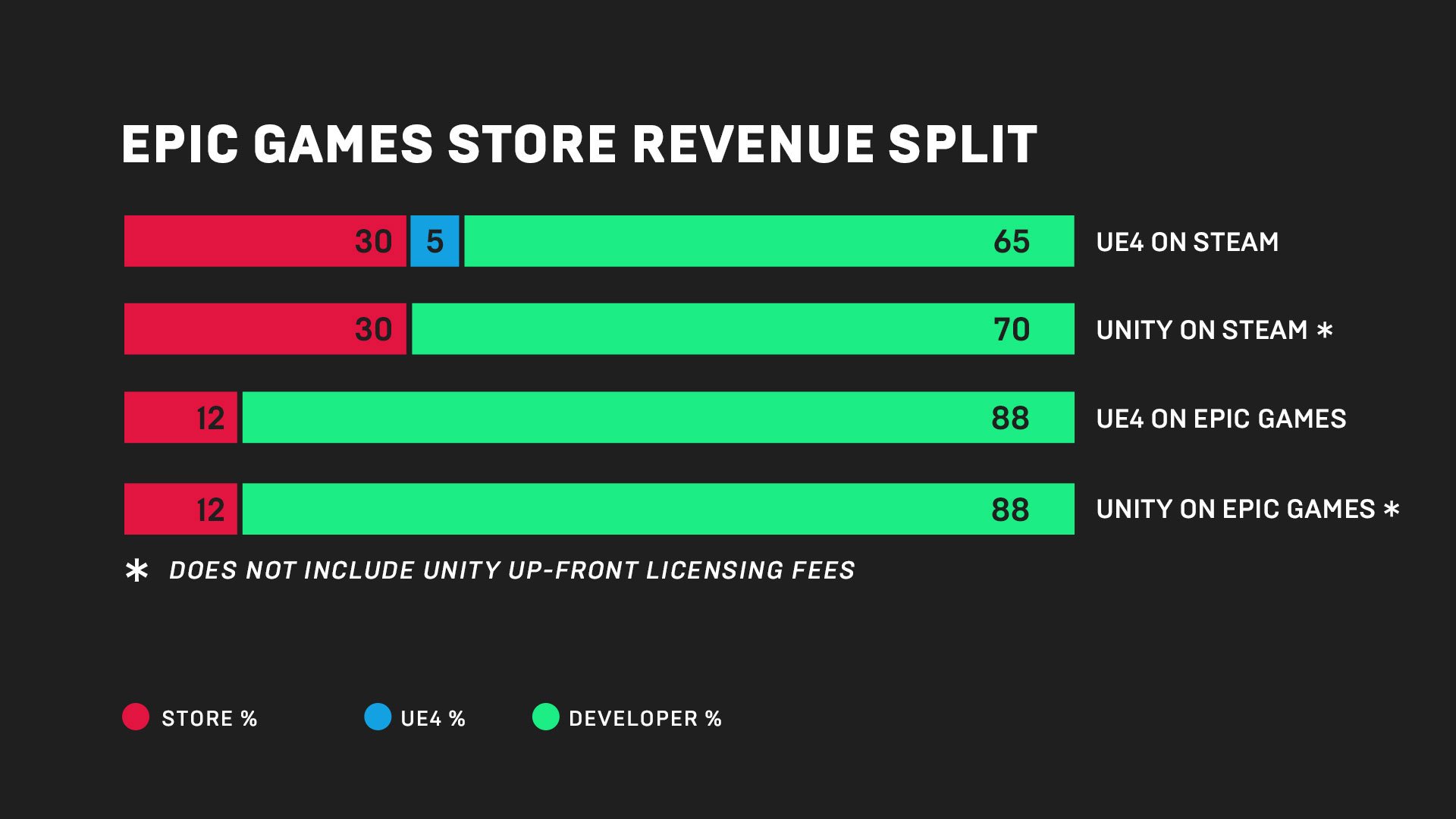Fortnite Billionaire Pledges $100 Million to Game Developers, No Strings Attached

With Epic MegaGrants, Epic Games CEO Tim Sweeney has just pledged a $100 million grants program to game developers. | Source: Wikimedia. | Source: Christian Petersen/Getty Images/AFP
Less than a week after Epic Games awarded creators participating in its $5 million Unreal Dev Grants program, the developer of the hugely successful online video game Fortnite has announced a new $100 million grant initiative known as Epic MegaGrants.
Just like with its now-defunct grants program, Epic is targeting creators who work with its game development suite Unreal Engine 4. The grant initiative, whose amounts range between $5,000 and $500,000, was announced at the Game Developers Conference.
Per Venture Beat , eligible projects range from games to films to open-source tools aimed at benefitting the 3D graphics community.
Epic Games: ‘These are also no-strings-attached grants’
According to the CEO of Epic, Tim Sweeney, individuals or organizations from any payment-eligible country can participate:
You just apply, and if we judge your project is worthy and reasonably planned-out, we’ll give you funds. They range from supporting game developers to supporting enterprise and educational, academic projects. Open source projects that have any impact on the digital ecosystem at all, even if it doesn’t have any bearing on Unreal.

Per Sweeney, recipients of the grant will still retain ownership of their intellectual property. They will also be free to pick a publisher of their choice:
These are also no-strings-attached grants. They’re not contracts to do anything for Epic.
Epic Games has stated that it’s beefing up its grants initiative as a way of ‘sharing Fortnite’s unbelievable success’. Towards the end of last year, Fortnite boasted of 200 million players. Since then this number has increased to 250 million.

Is the Expanded Grants Initiative a Smart Business Strategy?
Though Epic has explicitly stated that grantees will continue to own their intellectual property, the initiative will undoubtedly expand its ecosystem. The larger the number of developers who build commercial products using its tools, the higher the potential revenues. Epic collects a royalty of 5% on games or applications that have grossed $3,000 or more per quarter.
An argument can be made that the game developer will not restrict grant recipients to any particular publisher. But Epic Games will also earn revenues on content created using its tools on all platforms as its website reveals:
Generally, you are obligated to pay to Epic 5% of all gross revenue after the first $3,000 per game or application per calendar quarter, regardless of what company collects the revenue.
How Epic Games is Preparing for the Future
Having embraced ‘Games-as-a-Service’ as its business model, Epic has recently made moves aimed at growing users and developers. Recently, Epic released a free suite of tools aimed at helping in launching, operating and scaling online games. The suite of tools known as Epic Online Services is both engine- and platform-agnostic.
Last year after launching Epic Games Store last year to rival Steam, the biggest digital distribution platform for PC gaming, one of the selling points was a friendlier revenue split with developers.

Now Epic also wants to offer lower prices to players according to Ars Technica .
Epic is also embracing giveaways as a better way of capturing users compared to advertising, per Sweeney:
…we actually found it was more economical to pay developers [a lump sum] to distribute their game free for two weeks… We can actually bring in more users at lower cost by doing all these great things for great people rather than paying Google and Facebook.